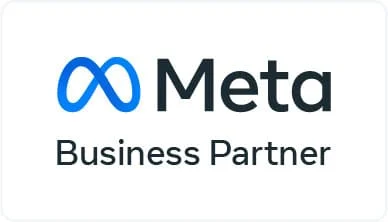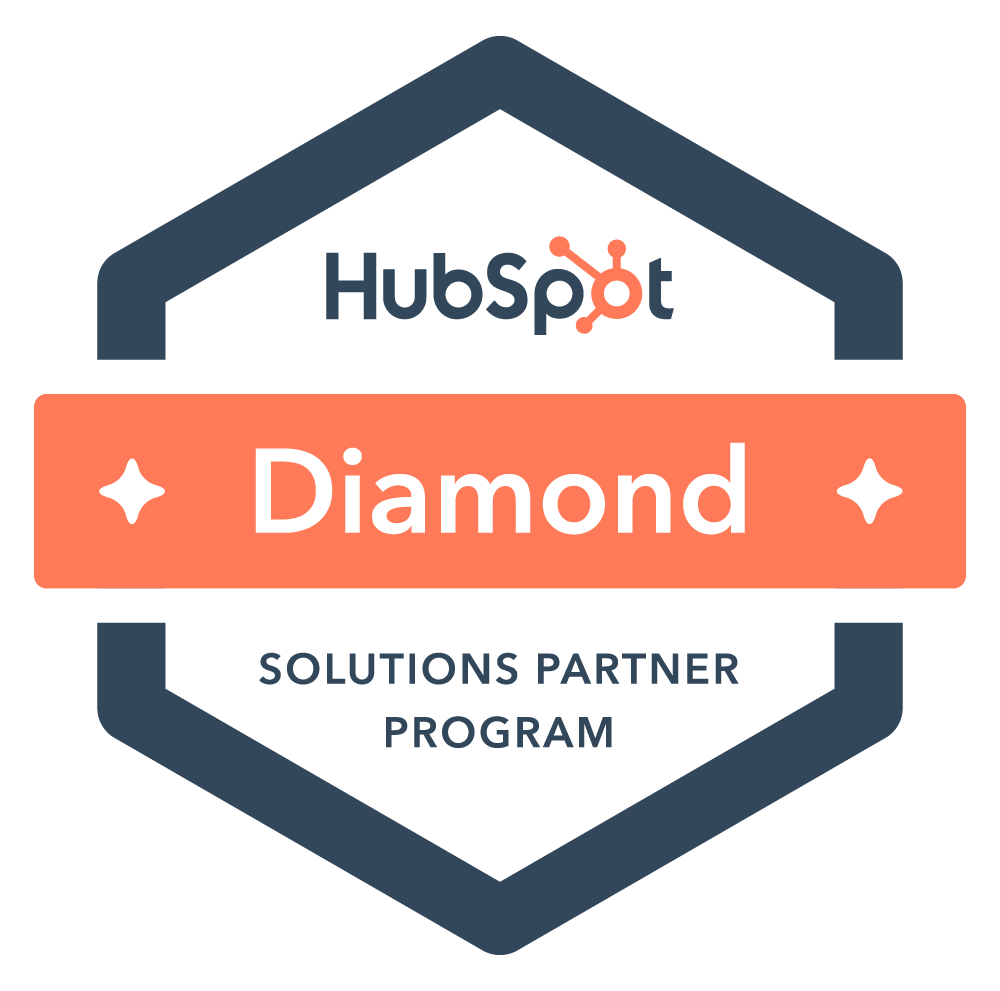Website Design and Development Services




















Website Design & Development Services
Transform Your Online Presence with The DigiCat
At The DigiCat, we specialize in creating stunning, responsive, and user-friendly websites that capture your brand’s essence and engage your audience. Our comprehensive website design and development services are tailored to meet your unique business needs, ensuring your site stands out in the crowded digital landscape.
Why Choose The Digicat?
Expertise and Experience
With years of experience in website design and development, our team has the skills and knowledge to deliver top-quality websites that meet the highest standards.
Client-Centric Approach
We believe in working closely with our clients to understand their goals and requirements. Our client-centric approach ensures that the final product aligns perfectly with your vision and business objectives.
Innovative Solutions
We stay ahead of the curve by incorporating the latest trends and technologies in our web development projects. Our innovative solutions ensure your website is modern, functional, and future-proof.
Dedicated Support
Our commitment to your success doesn’t end with the launch of your website. We offer ongoing support and maintenance services to keep your site running smoothly and efficiently.
Get Started Today
Ready to take your online presence to the next level? Contact The Digicat today to discuss your website design and development needs. Let’s create a digital experience that captivates your audience and drives business growth.
Our Website Design & Development Services
Case Studies
1
Transformative AI Technology
2
Customized Marketing Strategies
3
Expert Team with Proven Success
4
Measurable, High-Impact Results
What Our Clients Say
Working with The Digicat has been a game-changer for our business. Their digital marketing strategies have helped us increase our online visibility and drive more traffic to our website. Highly recommend their services!
We've been impressed with the results The Digicat has delivered for our social media marketing campaigns. Their team is responsive, creative, and truly understands our brand. Looking forward to continuing our partnership!
Thanks to The Digicat, our website is now ranking higher on search engine results pages and generating more leads than ever before. Their expertise in SEO and content marketing has been invaluable to our business growth.
The team at The Digicat has been fantastic to work with. They took the time to understand our goals and developed a tailored digital marketing strategy that has exceeded our expectations. Couldn't be happier with the results!
The Digicat has been instrumental in helping us stay ahead of the competition. Their innovative approach to digital marketing, combined with their deep understanding of our industry, has set us apart in the market. We've seen a significant increase in leads and conversions since partnering with them, and we couldn't be happier with the outcome.
I highly recommend The Digicat for anyone looking to elevate their digital marketing efforts. Their attention to detail, strategic approach, and commitment to results are second to none. We've seen a significant increase in website traffic and leads since partnering with them.
Working with The Digicat has been a game-changer for our business. Their digital marketing strategies have helped us increase our online visibility and drive more traffic to our website. Highly recommend their services!
We've been impressed with the results The Digicat has delivered for our social media marketing campaigns. Their team is responsive, creative, and truly understands our brand. Looking forward to continuing our partnership!
Thanks to The Digicat, our website is now ranking higher on search engine results pages and generating more leads than ever before. Their expertise in SEO and content marketing has been invaluable to our business growth.
The team at The Digicat has been fantastic to work with. They took the time to understand our goals and developed a tailored digital marketing strategy that has exceeded our expectations. Couldn't be happier with the results!
The Digicat has been instrumental in helping us stay ahead of the competition. Their innovative approach to digital marketing, combined with their deep understanding of our industry, has set us apart in the market. We've seen a significant increase in leads and conversions since partnering with them, and we couldn't be happier with the outcome.
I highly recommend The Digicat for anyone looking to elevate their digital marketing efforts. Their attention to detail, strategic approach, and commitment to results are second to none. We've seen a significant increase in website traffic and leads since partnering with them.
Our Partners





Our Partners
Content Marketing: At The Digicat, we harness the power of AI to craft relevant, helpful, and optimized content that enhances your online visibility. Through website blogs, social media posts, and videos, our AI-driven digital marketing strategies aim to stimulate interest in your offerings and position your business as an industry thought leader. By understanding your target audience, we create tailored content that position your business as an industry thought leader.
Social Media Marketing: Leveraging platforms like Facebook, TikTok, LinkedIn, and Instagram, The Digicat helps businesses utilize social media to its fullest potential. From engaging posts and captivating reels to strategic paid social media ads, we ensure that your social media presence effectively reaches and engages your exact target audience, driving them towards conversion.
Search Engine Marketing: With our SEM strategies, The Digicat aims to boost your website’s visibility in search engine results for relevant terms and keywords. Whether through search engine optimization (SEO) or pay-per-click marketing, we implement various methods to improve your website’s ranking and ensure maximum exposure to potential customers.
Email Marketing:Our personalized and segmented email marketing strategies leverage advanced CRM technology like HubSpot to nurture leads and retain customers effectively. By collecting and analyzing data and tracking email campaigns, we help businesses understand the buyer’s journey and create impactful campaigns that convert leads into loyal, paying customers.
Lead Generation: A robust digital marketing strategy is incomplete without a successful lead-generation process. The Digicat assists businesses in generating Marketing Qualified Leads (MQLs) and Sales Qualified Leads (SQLs) to ensure a predictable flow of qualified sales leads. By aligning lead-generation efforts with your overall digital marketing strategy, we help drive growth and success for your business.

